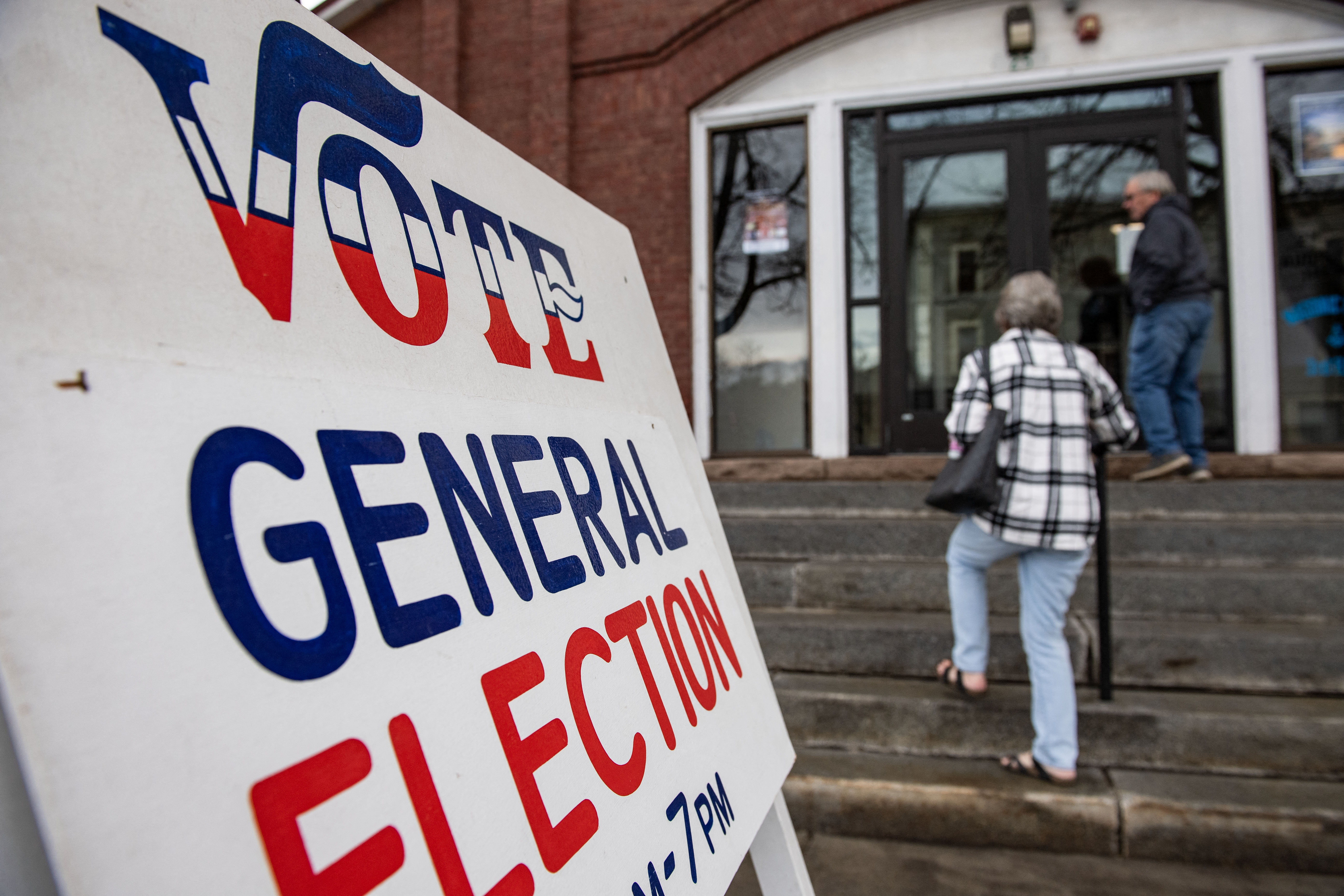
Independent Sen. Angus King was well ahead in his bid for a third term in Maine on Wednesday, but with much of the vote yet to be counted, it was unclear whether ranked voting would be needed to decide the four-way race.
King said he believed he’d won outright with a majority of vote in his election, though NBC News and The Associated Press had not yet called the race, and said it was time “to move forward" after his GOP opponent conceded.
WATCH ANYTIME FOR FREE
>Stream NBC10 Boston news for free, 24/7, wherever you are. |
A candidate must receive a majority of votes under Maine’s ranked voting. If not, an extra voting round means a winner won’t be formally declared for a week under the system that allows voters to rank candidates in order on the ballot. Under the system, the last-place candidate is eliminated, those voters’ second-choices are applied, and votes are reallocated.
King, who was first elected to the Senate in 2012, told reporters in Brunswick that he believes he can still help bridge the gap in an increasingly divided Washington on topics including the border, housing and inflation.
Get updates on what's happening in Boston to your inbox. Sign up for our >News Headlines newsletter.
“Now more than ever, it’s going to be more important for people to be able to work together,” King said. “One of my colleagues this morning in a conversation said, ‘This is the time when small groups of us are going to have to try to get together to solve problems.’ So that's exactly what I intend to do,” he said.
King was challenged by Republican Demi Kouzounas, a former GOP state chair, dentist and U.S. Army veteran, and Democrat David Costello, a former senior government official who led the Maryland Department of the Environment and was a clean energy advocate in Maine. Also in the race was another independent, Jason Cherry.
Kouzounas congratulated King and said she isn't giving up her work. “I will never stop fighting for a Maine with more opportunity and stronger communities for everyone,” she said.
The 80-year-old former governor would be the oldest senator in state history if he completes the term ending in 2030, but he was not dogged during the campaign by questions about his age like President Joseph Biden was before stepping down as the Democratic presidential nominee.
King has survived a pair of cancer scares. He was treated for malignant melanoma — a skin cancer — at 29 and had surgery for prostate cancer in 2015.
In Washington, he is part of an increasingly small number of senators in the middle with the departure of Democratic Sens. Joe Manchin and Kyrsten Sinema, and Republican Sen. Mitt Romney.
King has long said he doesn’t want to be tied to any party, though he caucuses with Democrats, and that served him well in a state where independents used to represent the largest voting bloc. But both major parties have overtaken unenrolled voters in sheer numbers in recent years.



